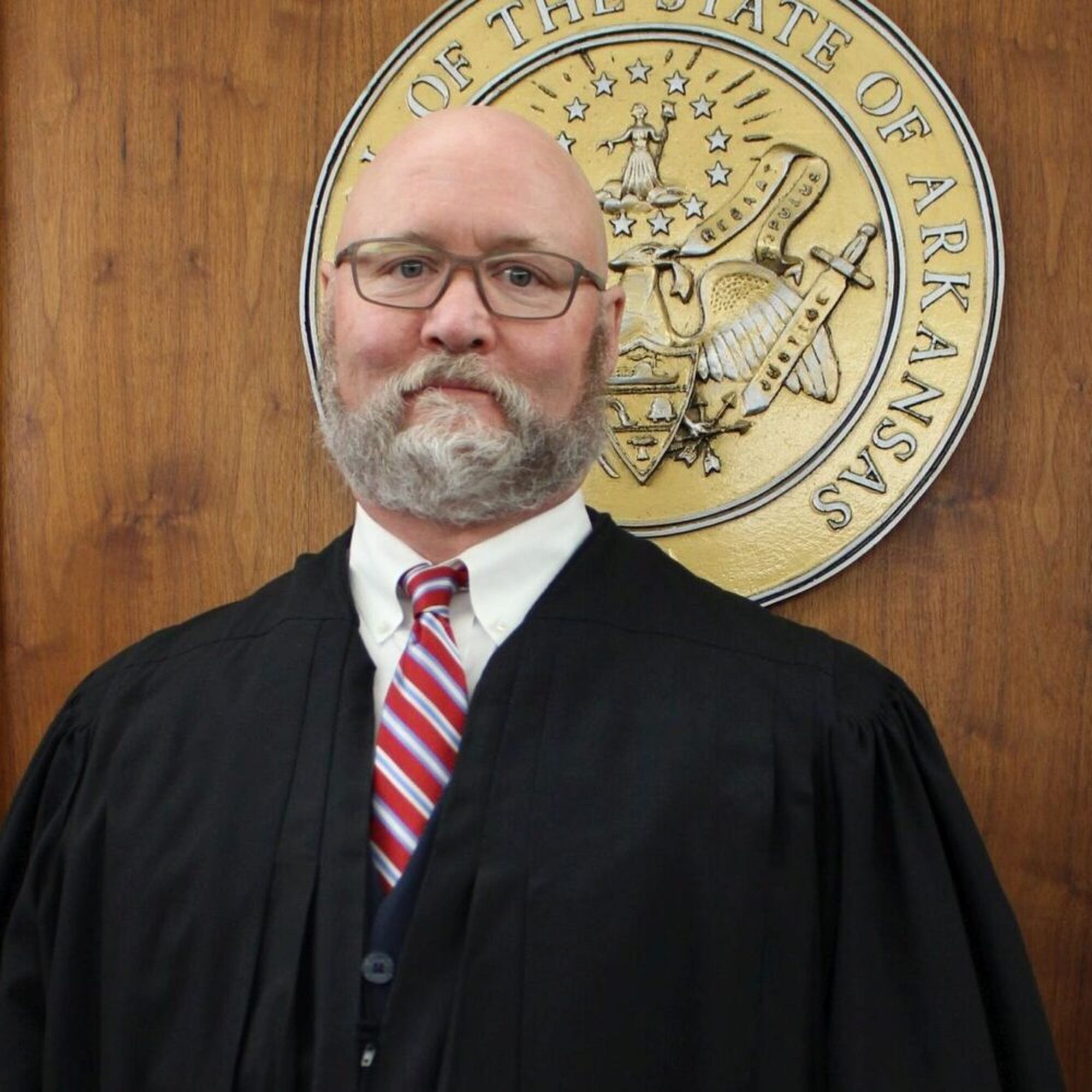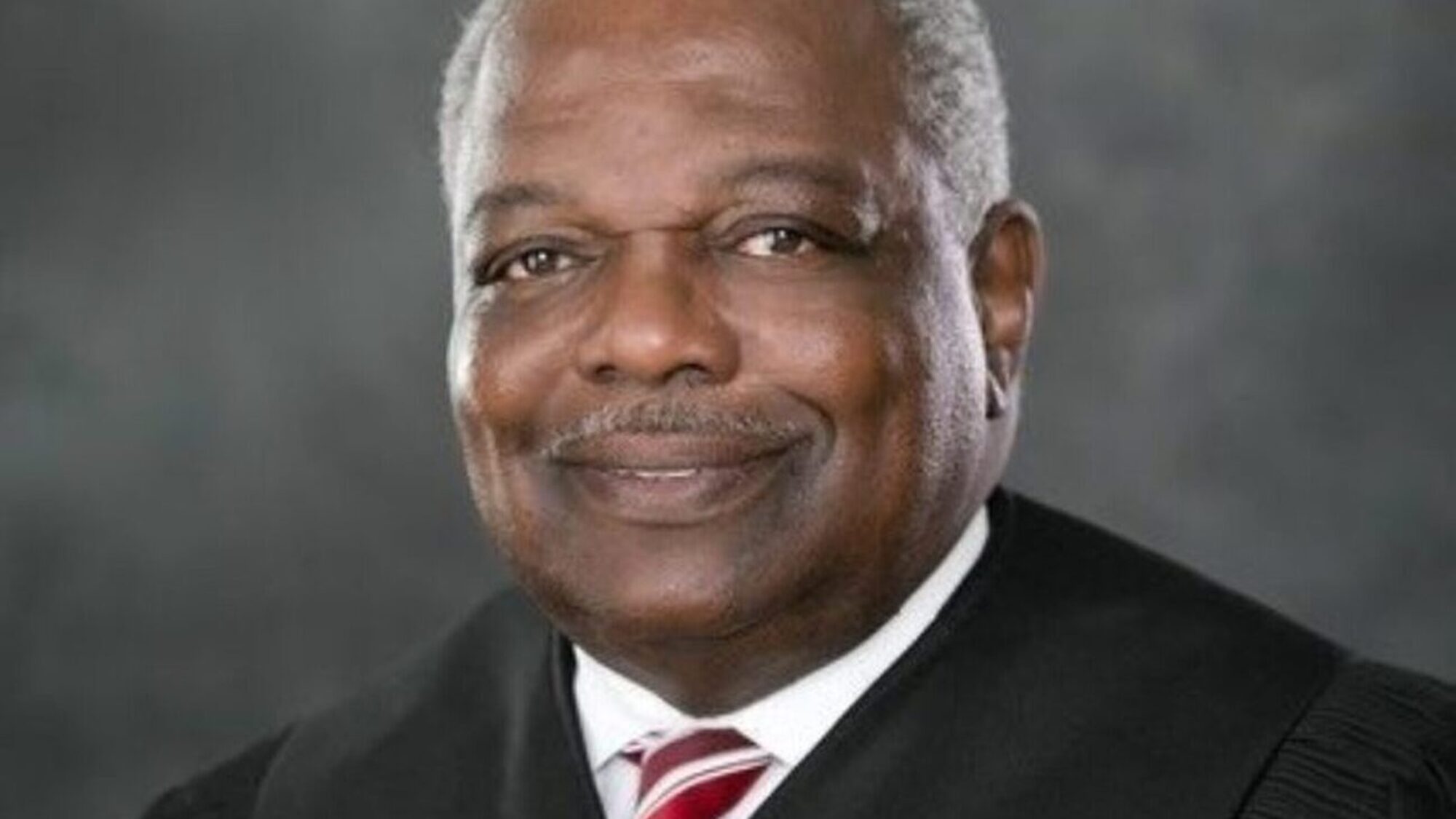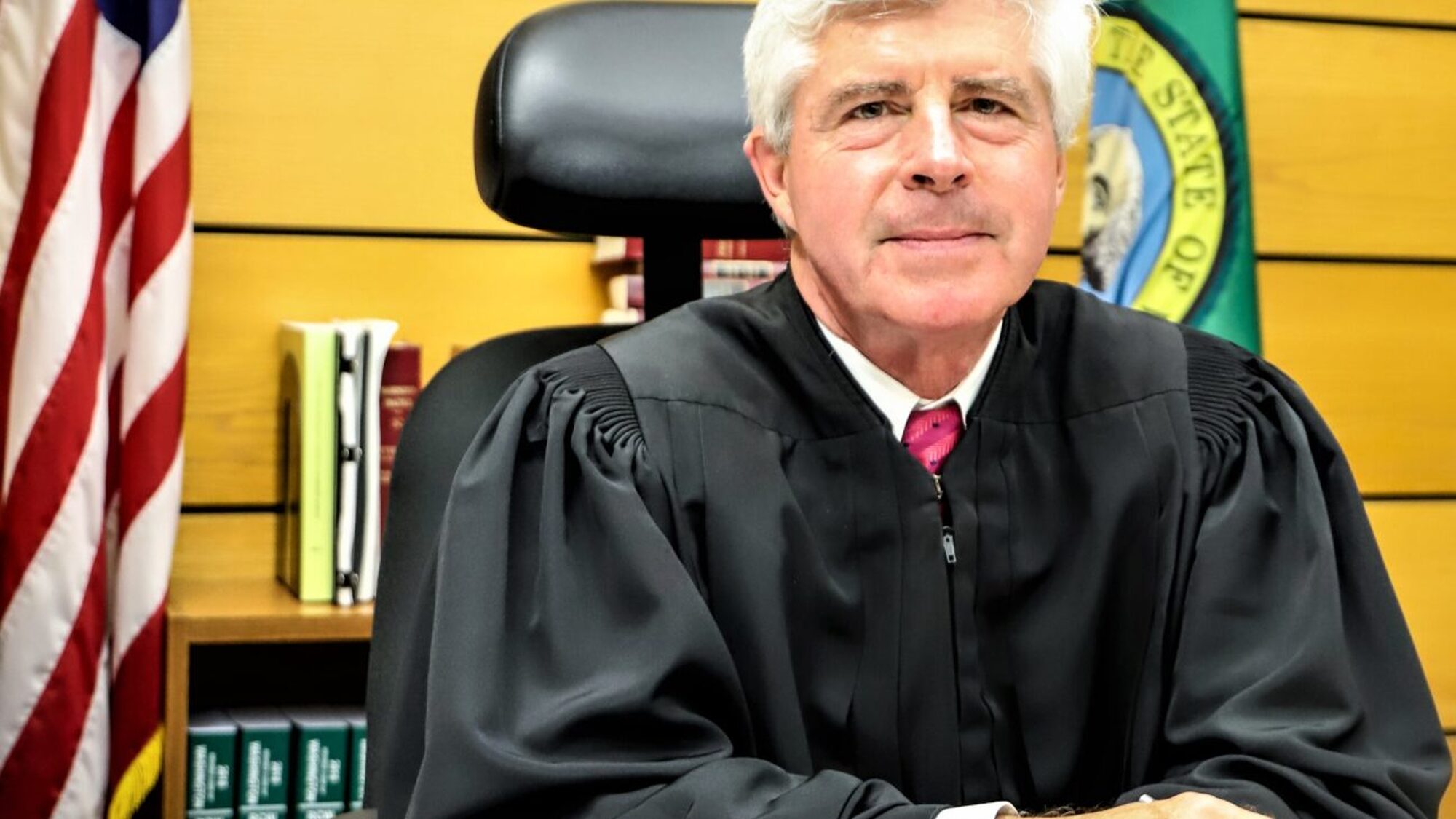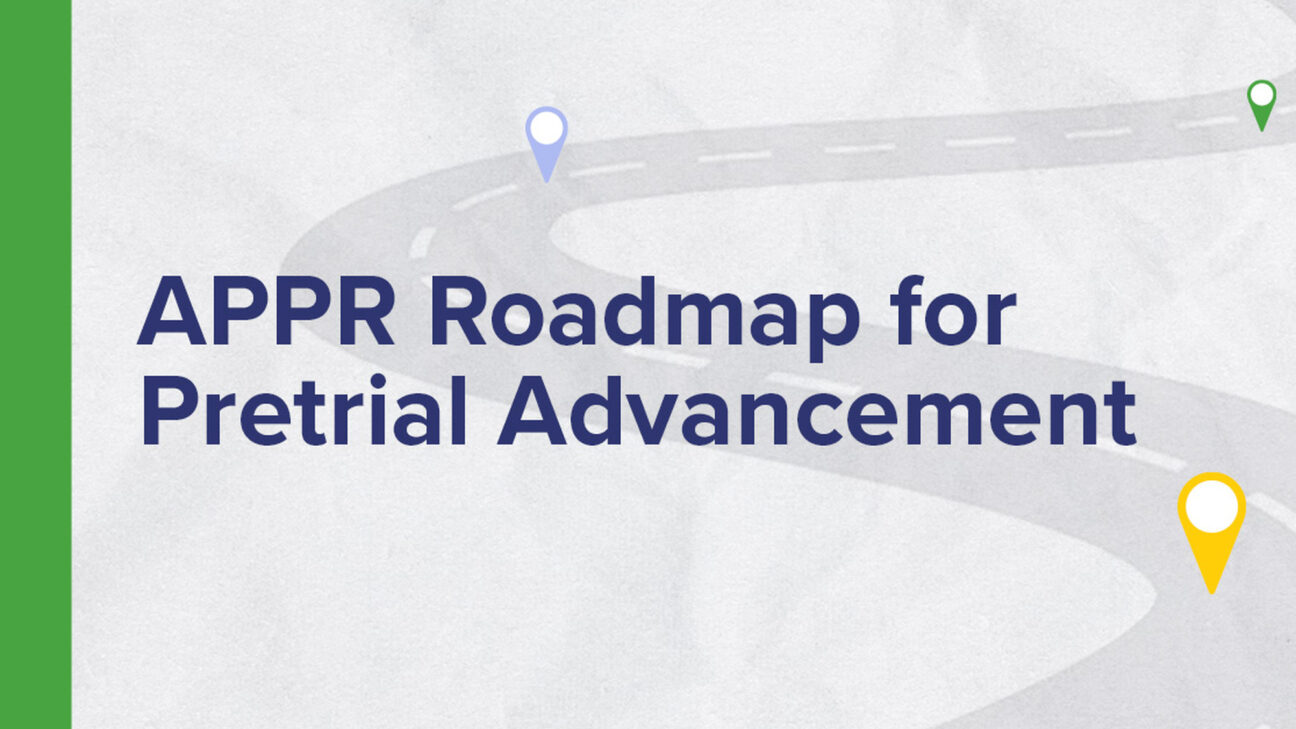In 2020, Advancing Pretrial Policy and Research (APPR) welcomed Pulaski County, Arkansas, as a Research-Action Site. Pulaski County will partner with APPR to improve its pretrial justice system. APPR spoke with Circuit Judge Herbert T. Wright about becoming a Research-Action Site and his vision for change in Pulaski County.
APPR: Why did you want to become a Research-Action Site?
Judge Wright: Pulaski County’s lack of pretrial services—and the justice system as a whole—needs the guidance and expertise that APPR provides to its Research-Action Sites. To be candid, our current pretrial system causes a lot of confusion for people in the pretrial phase. They are unsure what to do and what is actually required of them as they await their trial. This causes them to withdraw altogether, which results in additional arrests and other problems. Our hope is to create a system where people are supported by the process and not beaten down by it. Being a Research-Action Site is an opportunity for our community to pull together and improve the pretrial process overall.
APPR: What do you hope to achieve?
Judge Wright: Currently, the pretrial experience for people in Pulaski can vary depending on which judge handles the case. Our hope is to set a uniform path—from arrest to trial—for everyone. We believe this path will lead to a fairer, more equitable system. We also want a process that is easy to understand, both by the person and by the staff involved. I believe the changes we will identify through this process will improve our pretrial success rates.
APPR: Why is collaboration across system stakeholders and with community partners such a key part of this work?
Judge Wright: There are many parts to this system, and we all believe that what we do is the most important link in the process. But in order to implement meaningful change, everyone has to be heard and to buy into the process. Working on this project with all of our system stakeholders and community partners will give everyone a clear picture of the entire system as it stands today, and a voice in how we can improve it tomorrow. In fact, we have already started to meet and identify areas where we can improve and to discuss how we can go about making change happen. We know that if this is going to work, we need to have a shared vision for our pretrial system.
APPR: How does this initiative support community well-being and safety?
Judge Wright: Our collaboration with APPR will help us improve our pretrial policies and practices. In particular, we want people who are in the pretrial phase to understand what is required of them. For example, if a person moves and they don’t notify the court, they can miss their court date. Then an arrest warrant is issued and they might be picked up and held in jail. Even if it is for just a day, that can upset the applecart, so to speak, for folks trying to make it to work and pay rent. We know that if people understand the system and what is required of them, it will reduce incidents like missed court appearances. That will not only help the general public but it will also help people who are accused of a crime, as well as their families. It will also free up space in jails for people who may actually pose a threat to community well-being and safety.
APPR: What value does data bring to your work?
Judge Wright: It doesn’t matter how well you think you are doing; the numbers always tell the real story, and sometimes a different story than the one you expect. Data can be particularly important when it comes to examining pretrial outcomes and identifying racial and ethnic disparities. For example, if people of color are treated differently than white people for the same offenses, the data will help us to see and address this inequity. Likewise, data will tell us where we are doing well. Finally, data will support our effort to move from a system in which everyone follows their own plan to a shared, systemwide plan. Ultimately, to be successful, we must all share the same vision for a fair and effective pretrial system.





